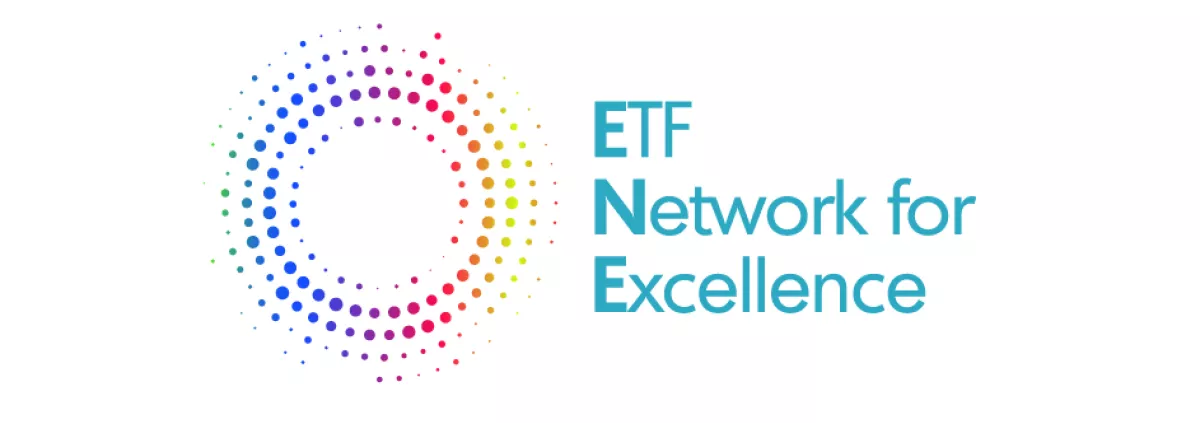In the context of the ETF Network of Excellence, a baseline study on "Autonomy in forging public-private partnerships in vocational education and skills development" has just been published and it is now available on the ETF website (LINK).
By looking at a selected number of CoVEs in ETF partner countries, the objective of the baseline study is to analyse whether and to what extent CoVEs (Centres of Vocational Excellence) have autonomy and how it can be linked to PPP (Public-Private Partnership). Autonomy, in this context, is defined as the right of an education provider to self-govern and take decisions, independently and with accountability, on educational, organisational, financial, staff-related and other matters.
CoVEs benefit in a number of ways from having sufficient autonomy in collaborating with private partners, for instance:
- Partnerships offer companies a role in ensuring students’ training meets companies’ needs and specifications, so that the students can potentially become their employees.
- CoVEs understand the private sector’s evolving needs and can prepare the workforce accordingly. The added value for the companies is the possibility of upgrading their employees' skills through continuing and professional training via the CoVEs.
- Partnerships also open up research and development possibilities with CoVEs. CoVEs are seen as having a role in supporting the companies with the further development of existing products and services, and in devising new ones.
- Joint initiatives provide opportunities for image-building and generating positive publicity.
- Private partners also contribute to other aspects of CoVE work, in the form of, for example, tracer studies, graduate surveys and other surveys.
- Partnerships with universities of applied sciences play an important role in offering paths for VET graduates.
The benefits of CoVE autonomy in PPPs relate mainly to opportunities to develop the students’ skills more broadly, but innovation initiatives and the ability to actively contribute to local business ecosystems are not to be underestimated.
The study confirms that the sustainability of PPPs involving CoVEs increases with long-term cooperation plans and greater integration of companies into the learning process. Reciprocity and mutual benefits are of vital importance in creating sustainable PPPs.
If you wish to know more about the outcomes of the baseline study, you can download the publication from the ETF website (LINK).

Please log in or sign up to comment.